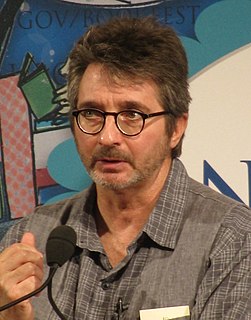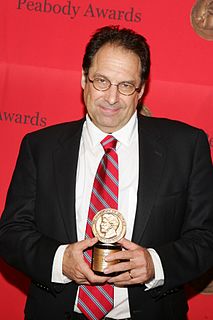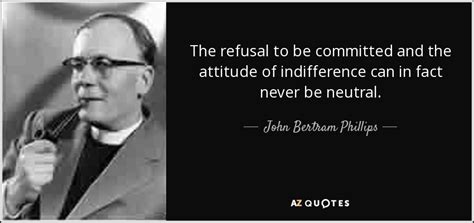A Quote by Manuel Puig
I like the beauty of Faulkner's poetry. But I don't like his themes, not at all.
Related Quotes
Poetry is not efficient. If you want to learn how to cook a lobster, it’s probably best not to look to poetry. But if you want to see the word lobster in all its reactant oddity, its pied beauty, as if for the first time, go to poetry. And if you want to know what it’s like to be that lobster in the pot, that’s in poetry too.
Faulkner speaks to us on the questions of race, the challenges of modernity, and modern man's dilemma in all of its aspects. That he is able to specify among those and bring those themes alive is one of his great gifts. There are so many different kinds of pleasures one gets from encountering those materials.
We learnt a lot because we got in with real choreographers who tell you what they need from a song, because a song has to advance the story. Then real directors like Mike Nichols tell you where you can have 'B themes' and 'C themes', and we go oh yes, B themes and C themes! So we were taught in the finest school amongst the finest people. And also by the school of experience.
He carried Paul inside and up the stairs. He gave him a drink of water and the orange chewable aspirin he like and sat with him on the bed, holding his hand...This was what he yearned to capture on film: these rare moments where the world seemed unified, coherent, everything contained in a single fleeting image. A spareness that held beauty and hope and motion - a kind of silvery poetry, just as the body was poetry in blood and flesh and bone.
If somebody asks me about the themes of something I'm working on, I never have any idea what the themes are. . . . Somebody tells me the themes later. I sort of try to avoid developing themes. I want to just keep it a little bit more abstract. But then, what ends up happening is, they say, 'Well, I see a lot here that you did before, and it's connected to this other movie you did,' and . . . that almost seems like something I don't quite choose. It chooses me.



































